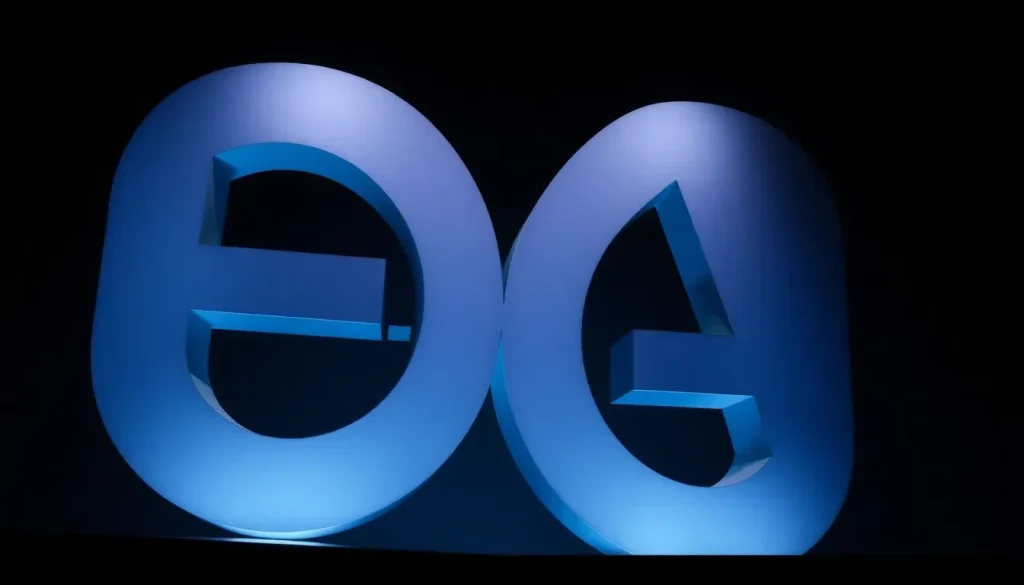EA to be sold to private investors for up to $50 billion

The world of video gaming is witnessing a significant shift in corporate dynamics, with Electronic Arts (EA) considering a monumental move to transition into private ownership. This potential transaction could reshape the landscape of the gaming industry and has already garnered substantial attention. Let’s delve deeper into the implications of this development and explore what it could mean for the future of one of the largest gaming publishers in the world.
- Understanding the potential sale of Electronic Arts
- The role of Saudi Arabia’s Public Investment Fund
- The impact of the sale on EA's stock and market value
- The significance of a leveraged buyout in the gaming industry
- What does going private mean for Electronic Arts?
- Potential challenges ahead for Electronic Arts post-acquisition
Understanding the potential sale of Electronic Arts
Reports indicate that Electronic Arts is on the verge of being acquired by private investors in a deal valued at up to $50 billion. This staggering figure reflects not only the company's market strength but also the intense interest in the gaming sector.
Renowned financial outlets, including The Wall Street Journal, Reuters, and the Financial Times, have all reported on this potential buyout, citing anonymous sources familiar with the negotiations.
Industry insiders suggest that the announcement may come as soon as next week, with prominent investors such as Silver Lake, Saudi Arabia's Public Investment Fund (PIF), and Jared Kushner's Affinity Partners showing keen interest. This deal could set a record as the largest leveraged buyout to date.
The role of Saudi Arabia’s Public Investment Fund
Saudi Arabia's PIF already holds a significant stake in EA, approximately 9%, making it one of the largest shareholders within the company. This investment is part of a broader strategy by the PIF to diversify its portfolio into the gaming sector.
- The PIF has established investments in major gaming companies including:
- Nintendo
- Take-Two
- Activision Blizzard
- Capcom
- Nexon
- Koei Tecmo
This diversification strategy indicates a strong belief in the long-term growth potential of the gaming industry, especially as gaming continues to evolve and expand into new markets.
The impact of the sale on EA's stock and market value
Following the news of the potential acquisition, EA's stock price surged by about 15%. This increase follows a period where the stock had remained relatively stagnant. Before this spike, EA's valuation was around $43 billion, heavily influenced by popular franchises such as:
- Madden NFL
- EA FC (formerly known as FIFA)
- The Sims
- Battlefield
The anticipation surrounding the buyout has not only invigorated investor interest but has also sparked discussions about the future direction of EA and its franchise offerings.
The significance of a leveraged buyout in the gaming industry
A leveraged buyout (LBO) involves acquiring a company using a significant amount of borrowed money, which is secured against the company's assets. This type of transaction can have profound implications for the acquired company, including:
- Increased financial leverage, which can amplify returns but also risks
- Potential restructuring of management and operational strategies
- Possible focus shifts towards profitability over growth
For EA, an LBO could mean a change in how the company prioritizes its resources and develops its iconic gaming franchises. Investors might push for a more aggressive approach in monetizing existing assets.
What does going private mean for Electronic Arts?
Transitioning to private ownership can provide several advantages for a company like EA:
- Less regulatory scrutiny: As a private entity, EA may face reduced oversight from stock market regulators, allowing for more flexible decision-making.
- Long-term planning: Without the pressure of quarterly earnings reports, EA can focus on long-term strategies and investments in technology and game development.
- Streamlined operations: A private structure could lead to reduced bureaucracy, enabling quicker responses to market changes.
However, these benefits come with challenges, including increased financial obligations due to debt incurred during the buyout and the pressure to deliver returns to private investors.
Potential challenges ahead for Electronic Arts post-acquisition
While the potential acquisition offers exciting prospects, it also presents several challenges that EA may need to navigate:
- Debt management: The financial structure of a leveraged buyout means EA will need to manage substantial debt, impacting its operational flexibility.
- Market competition: EA faces fierce competition from other gaming giants, necessitating a strong strategic plan to maintain its market position.
- Fan base expectations: With a strong legacy of beloved franchises, meeting the expectations of fans while innovating will be crucial for continued success.
Ultimately, the direction EA takes post-acquisition will be closely watched by industry stakeholders and gaming enthusiasts alike, as the company seeks to redefine its identity in a rapidly evolving market.




Leave a Reply